
Medical Ethics Group Nominated for Nobel Peace Prize for Shining Light on Forced Organ Harvesting in China
In a significant recognition of its tireless efforts to expose the “horrors of forced organ harvesting” in China, Doctors Against Forced Organ Harvesting (DAFOH) has been nominated for the Nobel Peace Prize by a British lawmaker. Lord Philip Hunt of King’s Heath lauded the D.C.-based nonprofit, comprising medical professionals from around the globe, for its commendable role in raising awareness about the industrial-scale abuse that has persisted for nearly two decades.
DAFOH has utilized various platforms to shed light on the issue, issuing publications backed by evidence, hosting webinars, and conducting a petition drive that has garnered millions of signatures globally over a six-year period. The group has consistently called for the United Nations to take action, urging the establishment of an international criminal tribunal to address the forced organ harvesting carried out by the Chinese regime.
Lord Hunt emphasized the gravity of the issue, stating that these acts are horrifying and a violation of fundamental human rights. The crimes primarily target detained practitioners of Falun Gong, with an estimated following of up to 100 million, as well as Uyghurs, Tibetans, and House Christians. The availability of extremely short waiting times in Chinese hospitals has also attracted international tourists, inadvertently making them accomplices in this heinous crime.
Read Also:
CCP’s Voluntary Organ Donation Campaign Raises Alarming Concerns Over Forced Harvesting in China
The global concern over forced organ harvesting gained momentum after the London-based “China Tribunal” confirmed, following a year-long investigation, that these egregious acts were indeed taking place in China on a significant scale.
Numerous international figures and organizations have spoken out against this human rights abuse. House Speaker Mike Johnson (R-La.) highlighted the issue at the International Religious Freedom Summit, condemning the Chinese Communist Party as among the most repressive in the world. The U.S. Congress passed a bill in the previous year with overwhelming support, and Texas enacted a state law prohibiting insurers from supporting organ transplant tourism to China. In 2022, the European Parliament adopted a resolution condemning the criminal and inhumane practice.
Read Also:
Despite these efforts, Lord Hunt expressed disappointment in the lack of tangible responses from international bodies such as the United Nations. During the recent U.N. review of China’s human rights record, the issue of forced organ harvesting was notably absent from the discussion.
Lord Hunt, who learned about the issue five years ago while campaigning for organ donation legislation, remains committed to ending the abuse. He urged collective action, praising organizations like DAFOH for their crucial role in bringing attention to the cause. While acknowledging the long road ahead, he expressed confidence that with joint efforts, a difference can be made in eradicating this terrible practice and ensuring a better life for those affected.

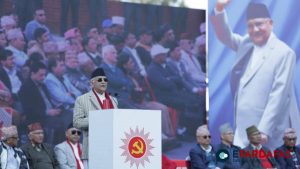

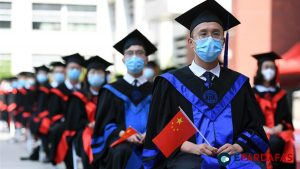
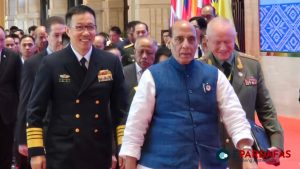

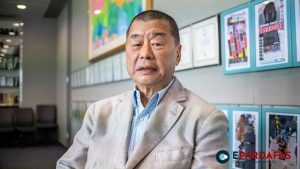




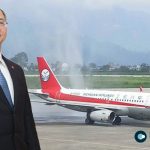
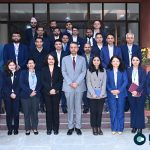
Comments